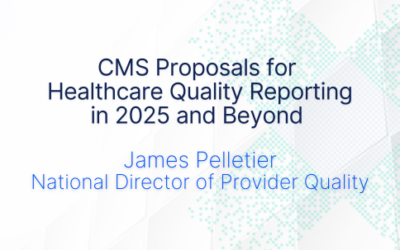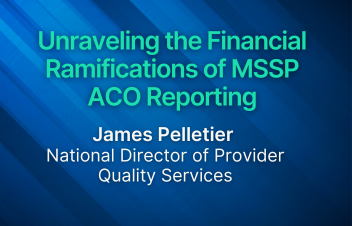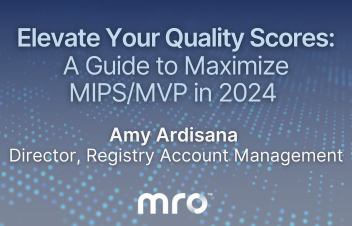Forward-thinking payer and provider organizations continually seek new ways to foster collaboration and improve relationships despite tumultuous exchanges between the two parties. Better communication helps both stakeholders reduce administrative costs and improve quality and clinical outcomes for patients, members, and communities.
In a recent HealthLeaders article, MRO customer Piyush Khanna, VP of Clinical Services at CareFirst BlueCross BlueShield, weighed in on communication trends among payer and provider executives with specific focus on the value of data-driven insights during payer-provider contracting. Both parties play a role in clinical data exchange. And both parties benefit from smoother data sharing.
A Payer-Specific Perspective
In the article, Khanna emphasizes the importance of payers and health plans sharing actionable data with their provider network. Payers possess data insights that can be extremely valuable to provider partners.
This includes data that may be used to inform real-time interventions that directly impact patient outcomes. These insights offer an olive branch to providers during contract negotiations and create win-win scenarios for the populations served by both parties.
Payers should also provide access to accurate data throughout the negotiation process, leveraging EHRs and clinical repositories. In this way, data strengthens each party’s negotiation positions and credibility.
Three Top Priorities
The HealthLeaders article identifies three steps for each party to take during payer-provider contract negotiations. The exchange of data described above helps support each of these activities and streamlines processes overall.
1. Conduct Regular Contract Review
- Regularly review contracts and ensure they are up to date with all accurate information.
- Use data to drive all discussions, with a focus on cost utilization, expenses, and future market trends.
- Remain diligent with data mining and predictive analytics to prepare for negotiations.
- Tap technology platforms that ensure safe and timely exchange of accurate information between payers and providers.
2. Reduce and Stabilize Expenses
- Reduce expenses through digitization and automation implementation to stabilize finances.
- Use digitization to reduce administrative workload and paperwork.
- Ensure solutions are proactive, integrative, and tailored to each organization’s specific needs.
- Integrate processes to streamline operations and effectively manage care costs, providing value to patients and consumers.
3. Minimize Administrative Burden
- Come to the table with viable solutions to minimize administrative burdens around denials and prior authorizations, which are pain points that ultimately affect patient and member experience.
- Share data through enhanced digital clinical data exchange to reduce operational costs on both sides of the equation.
- Simplify processes and establish KPIs to ensure accountability and success.
Technology platforms such that facilitate clinical data exchange allow payers and providers to bring accurate and applicable data to the negotiation table. Having the right systems and processes in place enables both parties to advocate for their organizational goals within negotiations, as well as build new bridges for collaboration and mutually rewarding relationships.
View the full HealthLeaders article. And learn more about how Piyush and the CareFirst team leveraged such technology, read the full case study. For even more insights, tune into Piyush’s discussion on the HealthLeaders podcast episode, “Finding the Friction-less Experience: Payer Provider Contract Negotiations.”


